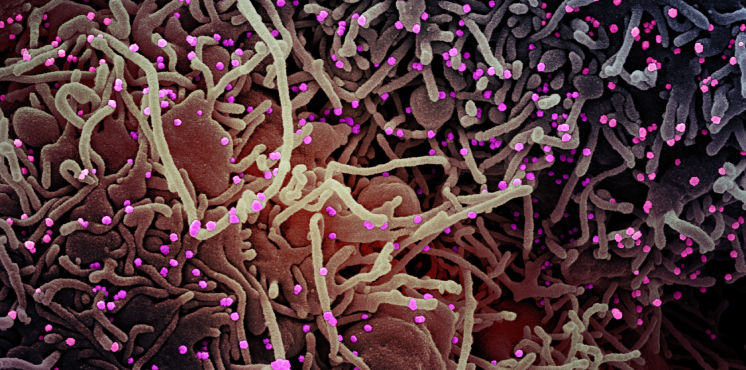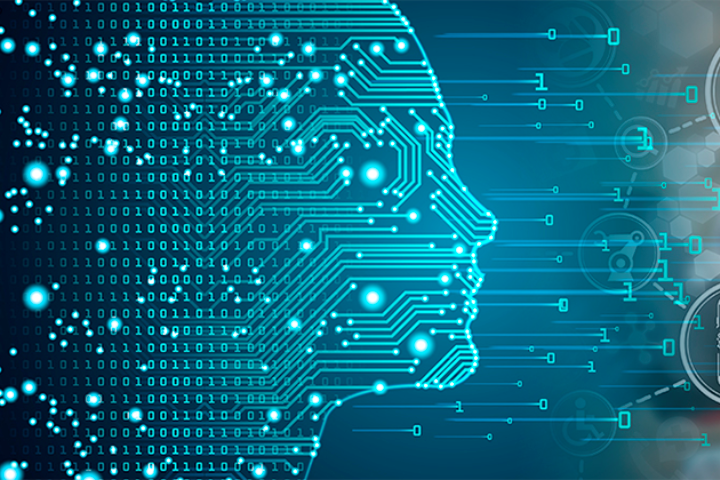Our Impact on Big Data
Our teams find ways to transform massive amounts of data into health solutions faster than ever.
Turning Data Into Solutions
We have more and more opportunities to collect, produce and access research data. But drawing meaning from all that information is still difficult. Data sets are often vast, complex and not linked together in useful ways.
To speed the translation of research observations into health solutions, we have invested heavily in new approaches to learn from large sets of complex data. Our efforts have shown that connecting data from people’s electronic health records can deliver public health insights in weeks, rather than months or years. We have further demonstrated the power of synthesizing data from a variety of sources to spur therapeutic leads through the drug development pipeline. And we've created the tools that others also use to make these connections and share the results faster.
Big data offers big opportunities across the entire spectrum of translational science. Our newer initiatives apply data science tools like machine learning to mine unexplored chemical space for new therapeutic molecules and use clinical data to speed rare disease diagnoses.
Impact Stories
Scientists Identify Characteristics to Better Define Long COVID

NIH-supported researchers used N3C data and machine learning to identify characteristics of long COVID and those likely to have it.
CTSA Researchers Use Deep Learning Model for Optimal Atrial Fibrillation Monitoring Timing

A predictive computer model for atrial fibrillation could help clinicians decide when to start long-term monitoring to detect atrial fibrillation missed by a single test.
Big Data Activities
We invest in data science approaches and tools that connect, explore, analyze and share large and disconnected datasets to produce meaningful insights that speed new health solutions.

National COVID Cohort Collaborative (N3C)
We created and maintain this national resource of clinical and other data to answer critical research questions about COVID-19 health outcomes.

Biomedical Data Translator
This program funds projects that integrate existing medical and biological data from different sources to quickly and easily reveal valuable connections and insights about diseases, including potential treatments.

OpenData Portal
Our OpenData Portal is an open and accessible platform for sharing COVID-19-related drug repurposing data and experiments involving approved drugs.
Big Data News

NCATS N3C Study Shows Health Factors Before COVID-19 Infection May Predict Long COVID Risk
September 10, 2024 - NCATS News
- Clinical and Translational Science Awards (CTSA) Program
- Our Impact on Big Data
NCATS researchers found the strongest predictor of getting long COVID may be the use of health care services before a COVID-19 infection.
Read ArticleNew AI Tool Addresses Accuracy and Fairness in Data to Improve Health Algorithm
September 4, 2025 - Grantee/Partner News
- Our Impact on Big Data
Revolutionary AI Tool Enhances Data Accuracy and Fairness to Optimize Health Algorithms
September 4, 2025 - Media Coverage
- Our Impact on Big Data
Cedars-Sinai Advances Knowledge of Machine Learning and Big Data in Medicine
July 30, 2025 - Grantee/Partner News
- Clinical and Translational Science Awards (CTSA) Program
- Our Impact on Big Data



